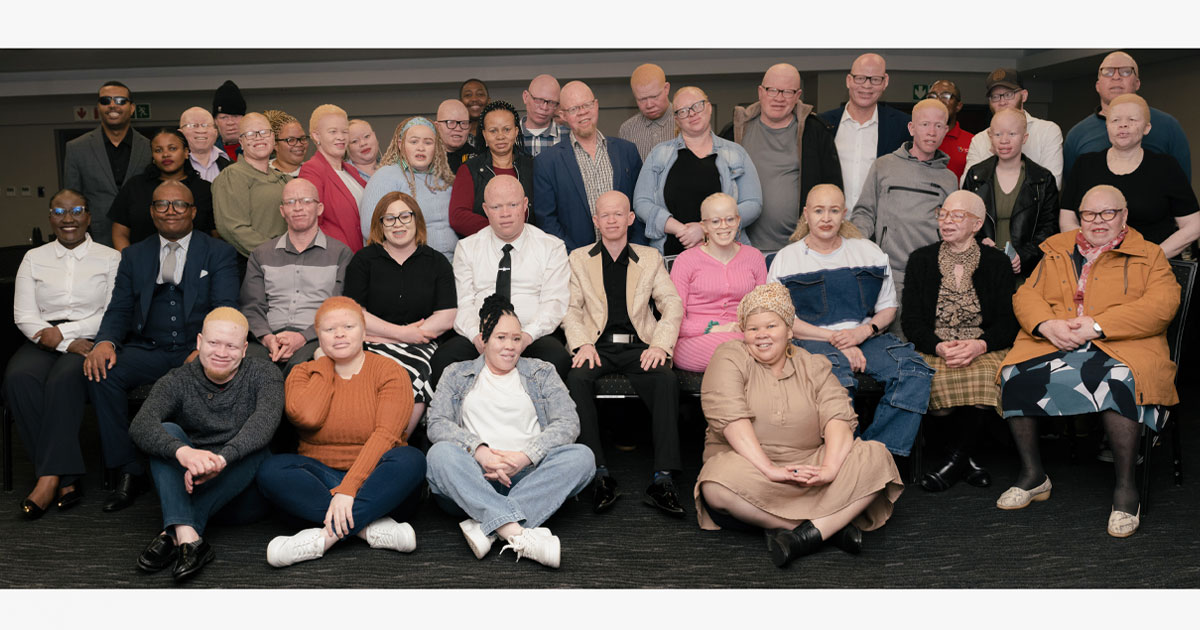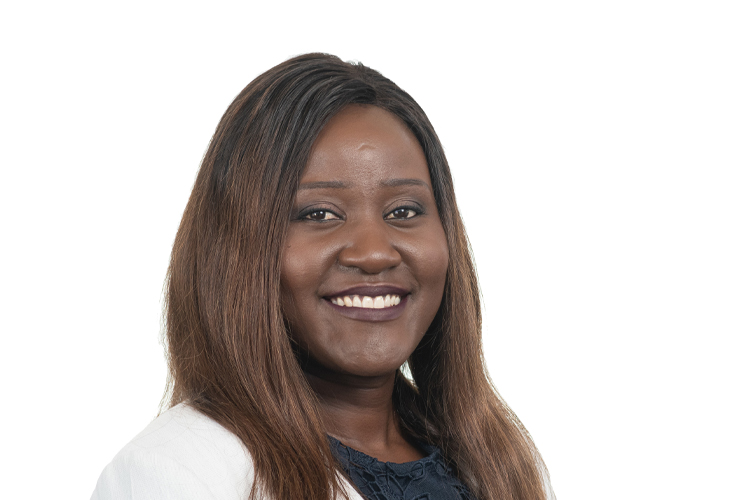The Centre for Human Rights (the Centre) hosted a two-day training workshop to strengthen the capacity of persons with albinism and their representative organisations on how to engage with the Equality Courts in South Africa. Held from 6 – 7 May 2025, the workshop sought to provide information on how persons with albinism can seek redress for unfair discrimination, harassment, and hate speech through the Equality Courts in South Africa.
The workshop brought together 35 persons with albinism from all 9 provinces in South Africa. The training was conducted by experts, including members of the National Albinism Taskforce, legal practitioners, personnel from the Department of Justice and Constitutional Development, the judiciary, academics, and personnel from Chapter 9 institutions including the South African Human Rights Commission and the Commission on Gender Equality. Workshop presenters addressed a variety of practical topics such as the history and nature of the Equality Courts, where to find Equality Courts, the types of cases that are dealt with in Equality Courts, who can bring a case before the Equality Courts, how to bring a case before the Equality Courts and where to get help in order to bring a case before the Equality Courts. A recurring concern amongst participants was the lack of information which makes it difficult for persons with albinism to access the Equality Courts when their rights have been violated. Therefore, the practical information provided to participants on the procedure for bringing a case before the Equality Courts was both timely and valuable.
The workshop is the final activity in a broader project on The Impact of Race and Colour on the Enjoyment of Human Rights by Persons with Albinism in South Africa, implemented by the Centre over a period of three years (2023-2025). The main objective of this project is to combat colour-based discrimination against persons with albinism in South Africa. As the final activity in this project, the workshop was welcomed by persons with albinism who experience widespread colour-based discrimination.
Patrick Wadula, who is the chairperson of the National Albinism Taskforce highlighted the utility of the workshop for persons with albinism in the following terms:
“The Equality Court workshop could not have come at the right time when persons with albinism recently won a case that was to the Equality Court. The enthusiasm for the workshop was evident in the endless number of questions that the attendees had during every presentation. The fact that people with albinism came from different parts of the country with different backgrounds, the workshop is clearly a capacity building opportunity for those present to impart their knowledge acquired to others in their respective provinces”.
Ntsikie Loteni, who is the secretary of the National Albinism Taskforce echoed Mr Wadula’s comments by stating the following:
“The workshop was crucial to empower us on how we can access justice but most importantly to know our rights that are being violated every day. The processes to follow regarding the court system, the workshop was helpful in bringing everything together in a simple language”.
In addition, one of the presenters at the workshop, Acting Justice Lincoln Matjele (High Court of South Africa, Gauteng Division) stated that:
“Learning about the challenges encountered by this vulnerable group of people, people with albinism, it was indeed befitting that you arranged this workshop to empower them with knowledge they need to enforce their rights, especially the right to equality. It was indeed a privilege to present to them, and to address the many important questions they posed. Empowering them with knowledge about the operations and remedies available to them in the Equality Court was only an honour to me”.
Despite this workshop signifying the end of the three-year project, the Centre for Human Rights remains committed to promoting the rights of persons with albinism in South Africa and will continue to advocate for their rights through future engagements.
For more information, please contact:
Tel: +27 (0)12 420 6398
dianah.msipa@up.ac.za

